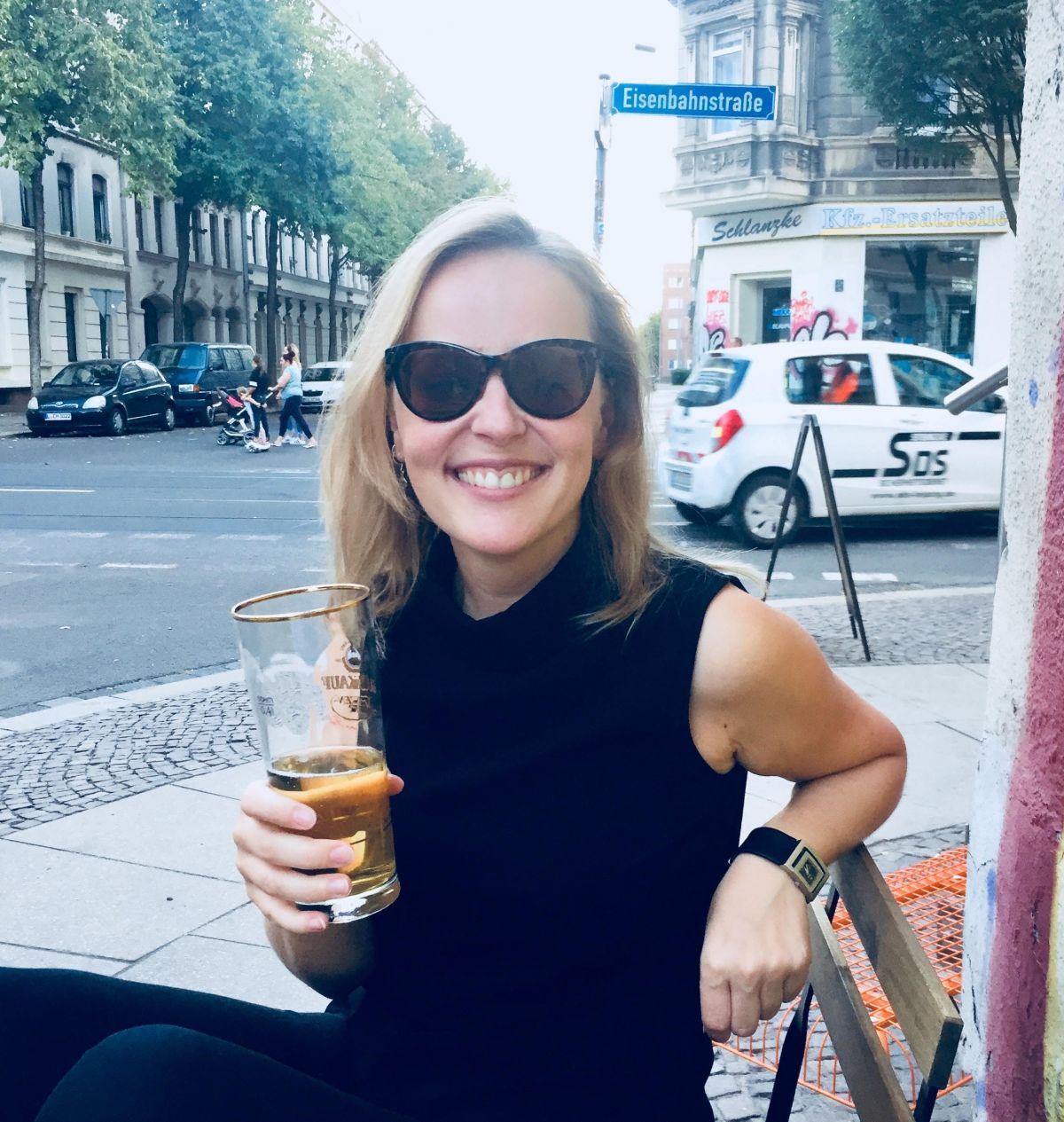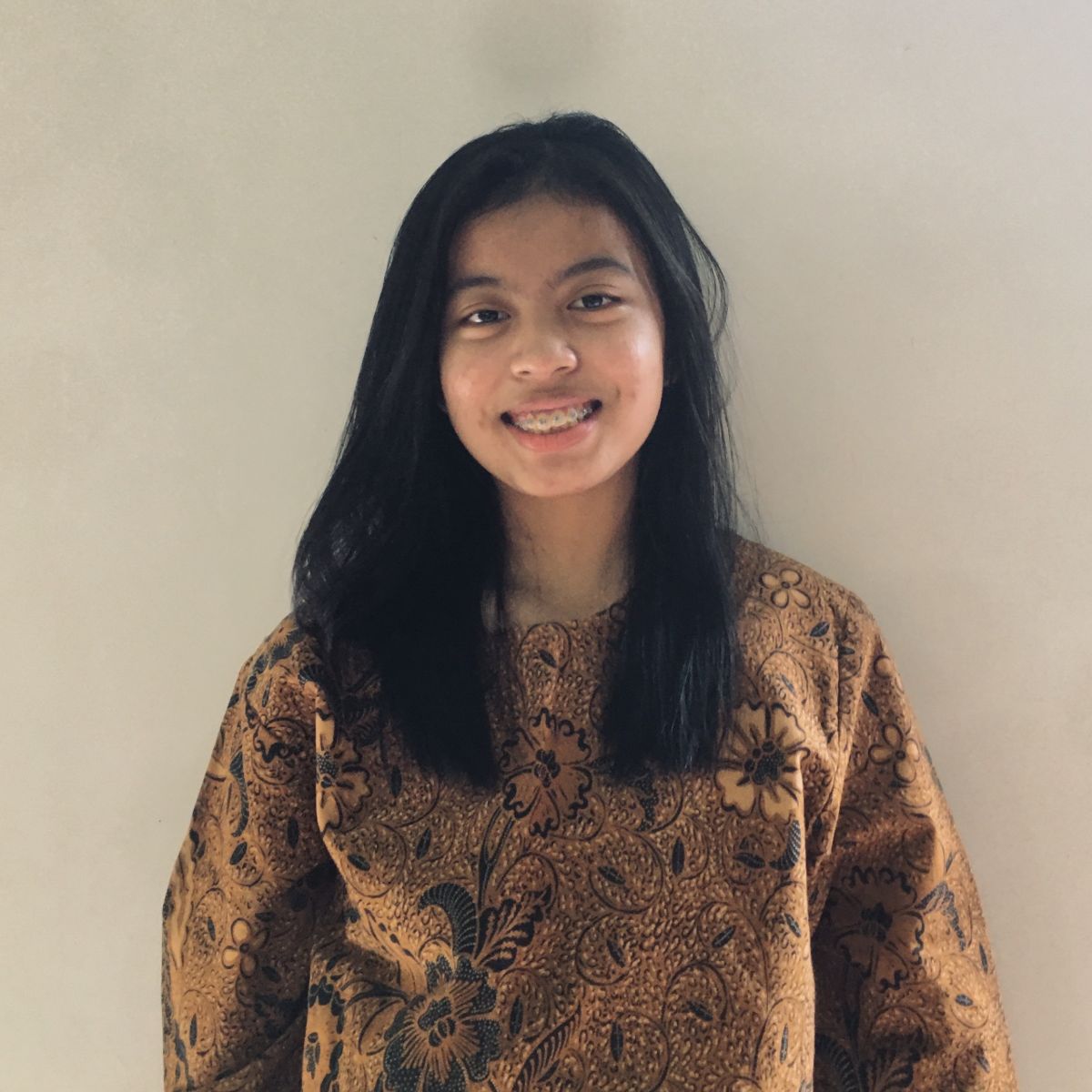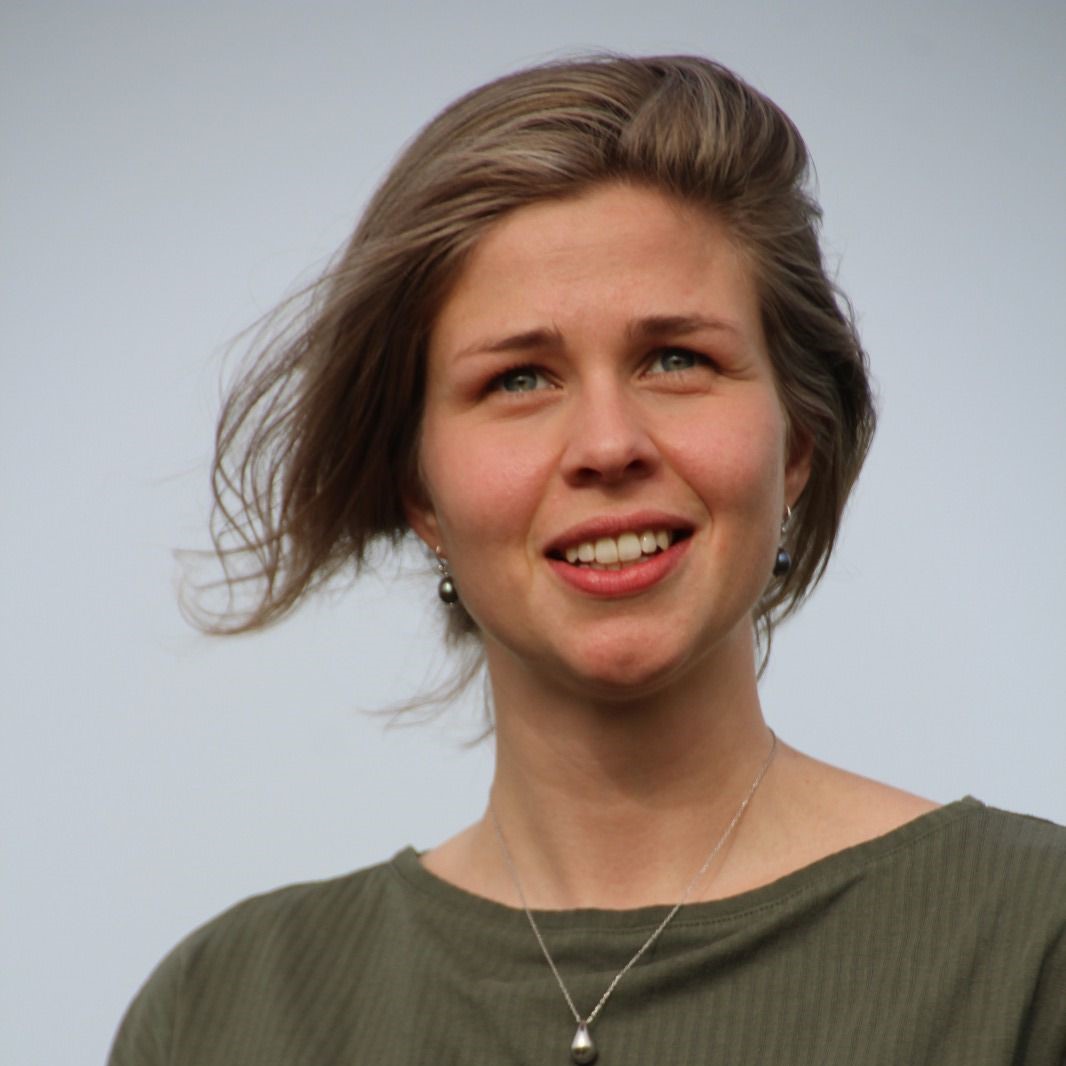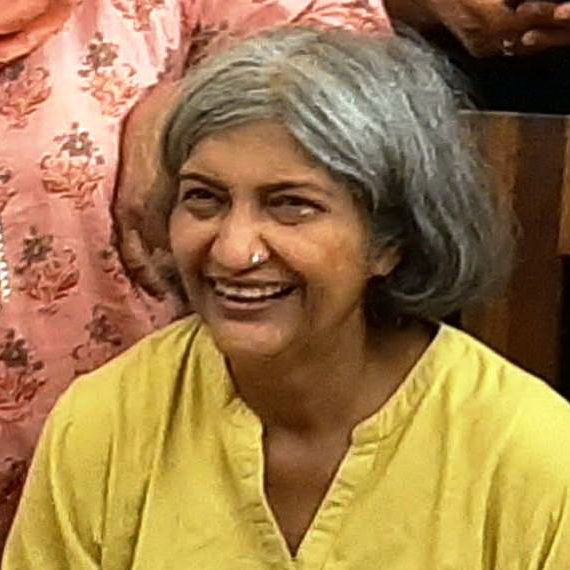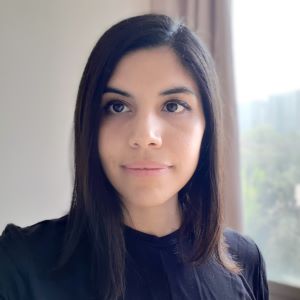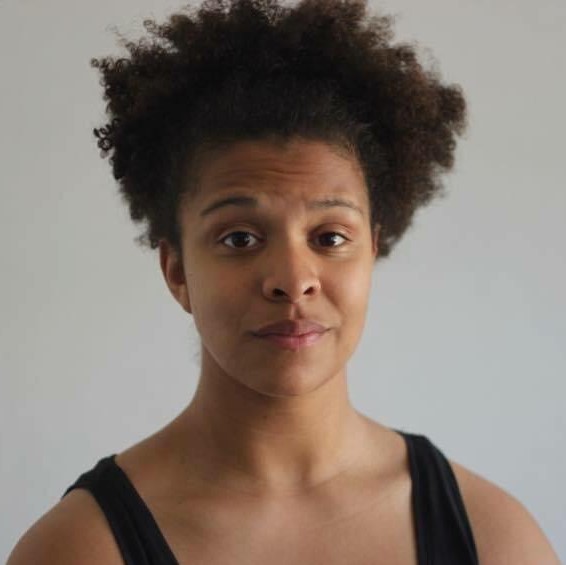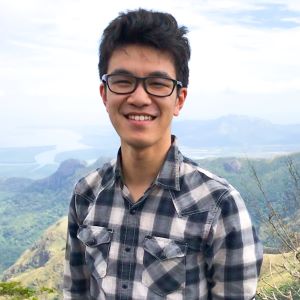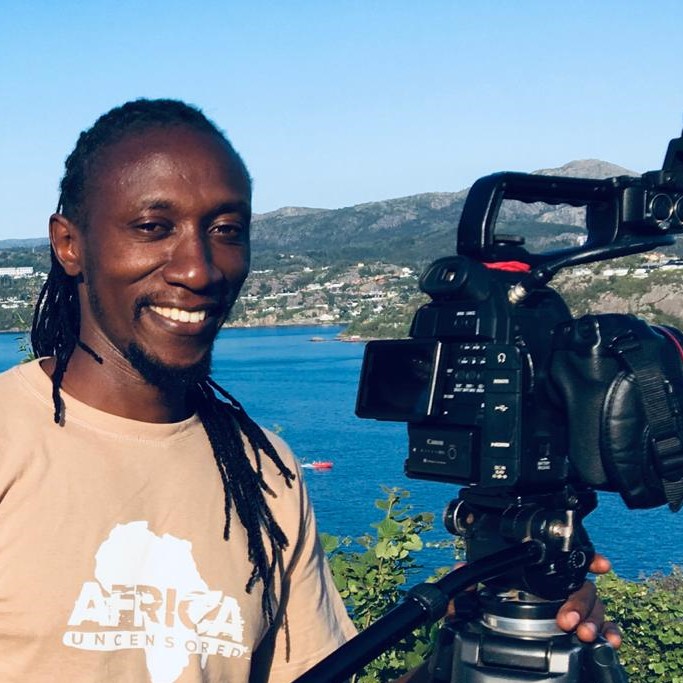A Tale of Two Countries: Part II
The perceived differences between East and West Germany are not merely rooted in the separation after World War II, but also in the events that followed the Unification. Though unity is an admirable goal, accepting differences may eventually lead to a greater appreciation.
Germany, Western Europe
Story by Janina Cymborski. Edited by Melaina Dyck
Published on December 19, 2020.
Reading time: 4 minutes
This story is also available in 






October 3rd is Germany’s National Day, the date of Re-Unification in 1990. But, many East Germans instead commemorate the events of autumn 1989. In Leipzig, we celebrate the 9th October, 1989, when 70,000 people demonstrated peacefully for a free country fearing that they would face the same fate as their comrades in on Tiananmen Square in China, Snipers were all over the rooftops, watching, waiting to get the order to shoot. But that order never came. The worries that my family and others had watching those demonstrations were real.
Born in Leipzig and living there again, I take part in the October 9th celebrations, walking round the city centre with thousands of others, holding candles, listening through speakers to the chants of the people from 1989. With tears in my eyes, I watch the footage of the opening of the borders in Berlin on November 9th, 1989 — one month after the demonstrations in Leipzig. I wonder at the expressions on the faces of people who are free. How would it feel to have been confined for a whole life and finally be free? I think about my family and the life they had to live, the life I was destined to live if not been for the bravery of these people. After 1989, my family and I could leave the country and be part of a free new world with new knowledge and opinions.
But that does not mean that I must automatically comply with just another social order. The importance of questioning the existing order is the most important lesson I learned from the 1989 revolution. It is exactly because I was not born in a free country that freedom to me is the opposite of compliance. Freedom is to find my own answers to the most fundamental questions: who am I, who do I want to be and what kind of life do I want to live? What separates Ossis from Wessis is the insight that no social order is set in stone and therefore can be changed (as my birth certificate, issued by a country that does not exist anymore, shows).
Today unemployment is still in my family and money is still an issue. The GDR is still part of our lives, not just in our memories. Having lived in two systems my parents learned the hard way. Their good will has been exploited many times. We had to start from zero in a world in decay. I see that my parents mourn the sense of belonging that they lost and that I never had. In East Germany, they belonged to a community, to people who sat in their same boat. To be fair, community in the GDR often was coercive, characterized by a mutual dependence: ”I work in administration, if I help you get an apartment, can you get me a bike for my kid?” Community was necessary for surviving, providing for a family, and managing the ever-present shortage. It was for getting along, not for getting ahead. But by needing and cooperating with others, you were always with others. In 1990, we lost help and cooperation, in favour of wealth and profit at the expense of others. Unification was a blessing and a curse. Much was won, maybe more than I can ever grasp. But I believe a certain humanity was lost – one that may only be possible in extreme circumstances.
How does this story make you feel?
Follow-up
Do you have any questions after reading this story? Do you want to follow-up on what you've just read? Get in touch with our team to learn more! Send an email to [email protected].
Talk about this Story
Please enable cookies to view the comments powered by Disqus.
Subscribe to our Monthly Newsletter
Stay up to date with new stories on Correspondents of the World by subscribing to our monthly newsletter:
Tags
Topic: Liberation
> Indonesia
Nurturing critical thinking for sociopolitical issues among youth in Indonesia
A story by Lamtiar Nababan
5 min
When public debate moved online during the pandemic, Lamtiar noticed how many people expressed extreme and disrespectful opinions. And while that’s nothing new, she had hoped that the younger generation would be better. Read more...
> Netherlands
Waarom ik me verkiesbaar stel voor de Europese Verkiezingen 2024
A story by Anna Koolstra
3 min
Een gesprek met Anna Koolstra, een van de jongste kandidaten die op 6 juni aanstaande verkiesbaar is voor het Europees Parlement. Read more...
> India
Prison Work
A story by Vandana Lekhi
5 min
When Vandana retired from working as a lawyer due to her mental health, she founded an NGO in honour of her mother and started teaching prisoners. Read how she experienced prison work as a former lawyer. Read more...
Explore other Topics
Get involved
At Correspondents of the World, we want to contribute to a better understanding of one another in a world that seems to get smaller by the day - but somehow neglects to bring people closer together as well. We think that one of the most frequent reasons for misunderstanding and unnecessarily heated debates is that we don't really understand how each of us is affected differently by global issues.
Our aim is to change that with every personal story we share.
Community Worldwide
Correspondents of the World is not just this website, but also a great community of people from all over the world. While face-to-face meetings are difficult at the moment, our Facebook Community Group is THE place to be to meet other people invested in Correspondents of the World. We are currently running a series of online-tea talks to get to know each other better.











